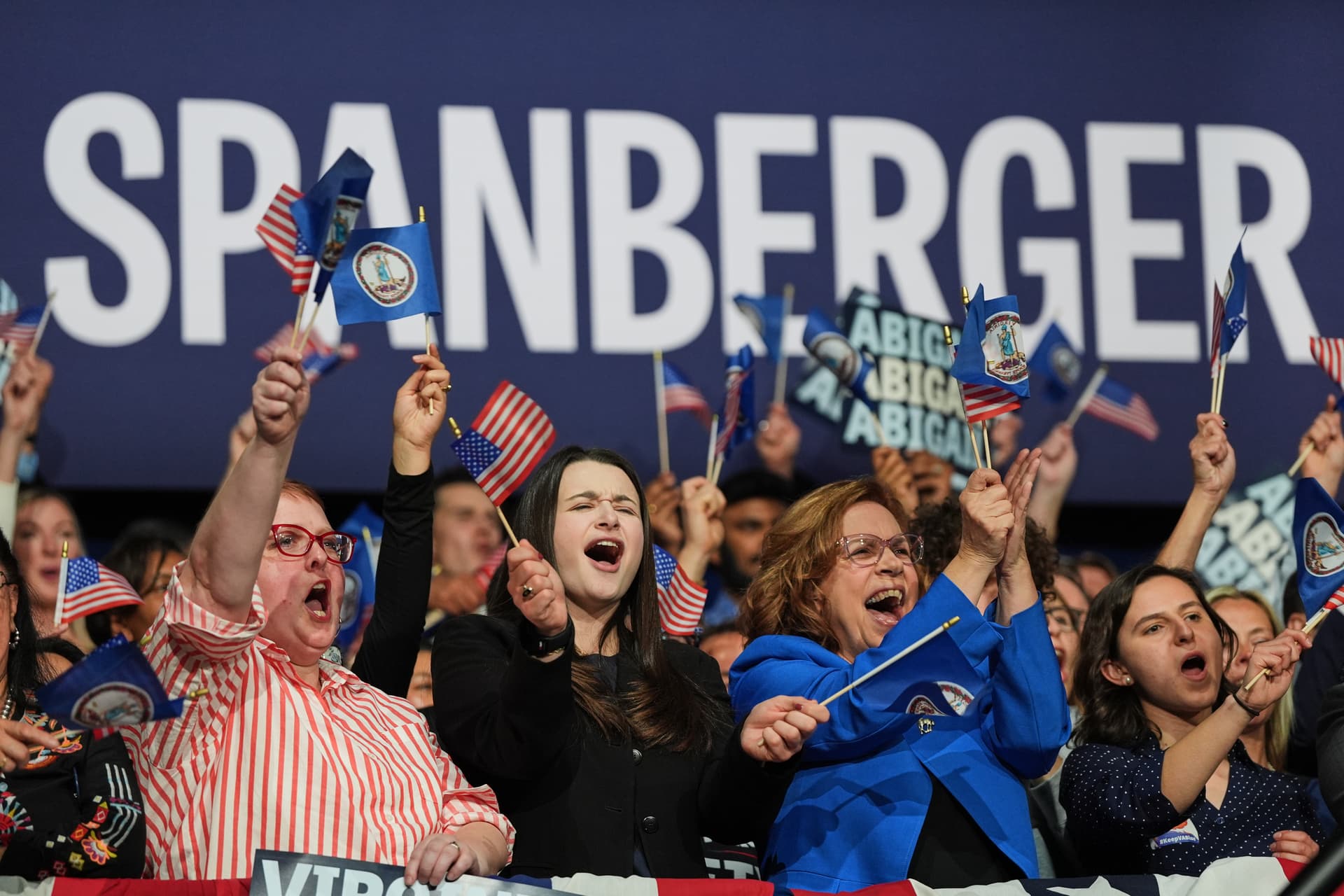
Will Friday Diplomacy With the Islamic Republic Lead to a Military Strike?
By BENNY AVNI
|As a Yank envoy arrives in Moscow, black smoke billows from a power plant just bombed by Ukraine.


By BENNY AVNI
|
By BRADLEY CORTRIGHT
|
By CARLOS SOUSA
|
By LUKE FUNK
|
By NOVI ZHUKOVSKY
|
By BRADLEY CORTRIGHT
|
By MATTHEW RICE
|
By JOTAM CONFINO
|Already have a subscription? Sign in to continue reading
$0.01/day for 60 days
Cancel anytime
By continuing you agree to our Privacy Policy and Terms of Service.